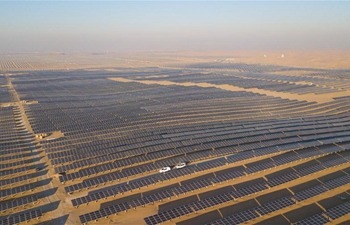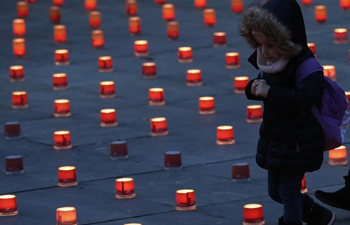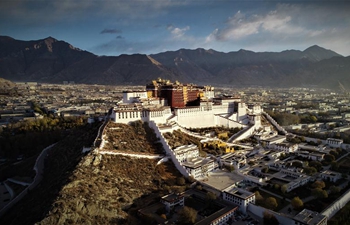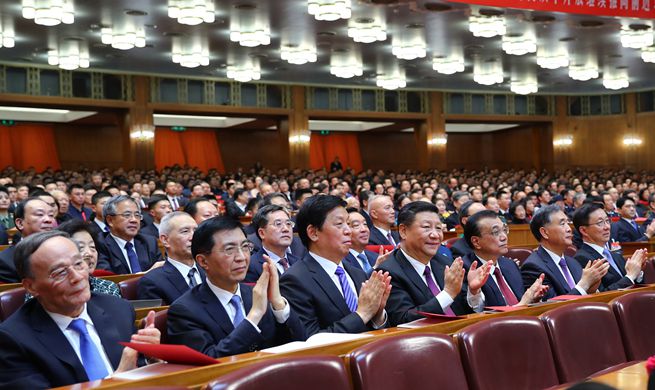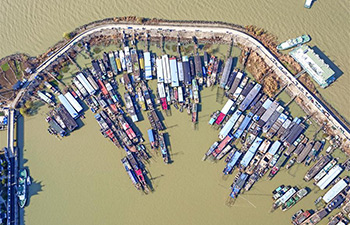CAIRO, Dec. 16 (Xinhua) -- Egypt is highly concerned over the developments in the occupied Palestinian territories and the Israeli raids on Palestinian areas in the West Bank, the Egyptian Foreign Ministry said Sunday.
"Egypt called for stopping escalation and preventing any practices that would lead to nothing but further deterioration of the conditions and undermining all the efforts seeking to revive the peace process," the ministry said in a statement.
Israel has recently launched a massive crackdown on Palestinian houses in the West Bank, looking for Palestinians allegedly involved in shootings against Israeli soldiers.
On Saturday, the Israeli forces demolished a four-storey house of a Palestinian family in a refugee camp in Ramallah, while six Palestinians have been killed and dozens of others wounded in confrontations with Israeli forces since the beginning of December.
Meanwhile, two Israeli soldiers were killed on Thursday outside an Israeli outpost northeast of Ramallah in what Israel refers to as a shooting attack. Israel blames the Gaza-ruling Islamic Hamas movement for the attack.
Egypt warned against the possible repercussions of such escalation on the security conditions in the West Bank and all Palestinian occupied territories, according to the statement.
"Egypt continues intensifying contacts to stop the escalation and contain the tension," said the ministry, expressing Egypt's support for the Palestinian leadership of President Mahmoud Abbas.
Egypt also reiterated its support for the Palestinian cause and the legitimate rights of the Palestinian people, including the establishment of an Palestinian independent state with East Jerusalem as its capital.
The Israeli-Palestinian conflict has been going on since the Western-backed creation of Israel by occupying Palestinian territories in 1948.
The deadlock of the peace process between Palestinians and Israelis is largely attributed to the disputed status of Jerusalem, the issue of the Palestinian refugees and Israel's settlement expansion which has been rejected even by the United States, its strongest ally, before Donald Trump assumed the presidency.





